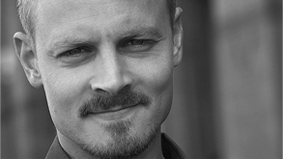“We are becoming symbiotic with our computer tools, growing into interconnected systems that remember less by knowing information than by knowing where the information can be found”.
Jonathan Mugan’s new book The Curiosity Cycle looks rather intriguing. It talks about the importance of very human attributes such as creativity and curiosity in equipping our children for a world increasingly dominated by computation and (to quote from this interview piece with the author) of “learning the lessons that search engines and social networks have taught the world – mainly that holding knowledge is not as valuable as evaluating knowledge”. In other words, when most human knowledge is accessible via your computer keyboard, it is the application of curiosity and creativity to develop adaptable and evolving models for understanding the world that matters more than what you can hold in your head.
Reading about it reminded me of this recent study (from which the quote at the top is taken) that suggested that when people have an expectation of future access to information, they have lower rates of recall of the information itself and enhanced recall instead for where to access it. In this way, the internet has become “a primary form of external or transactive memory, where information is stored collectively outside ourselves”.
If true, it’s a pretty big shift. Not necessarily in a bad way, but a shift nonetheless.
Image courtesy
Original Post: http://neilperkin.typepad.com/only_dead_fish/2012/02/holding-knowledge-is-not-as-valuable-as-evaluating-knowledge.html




